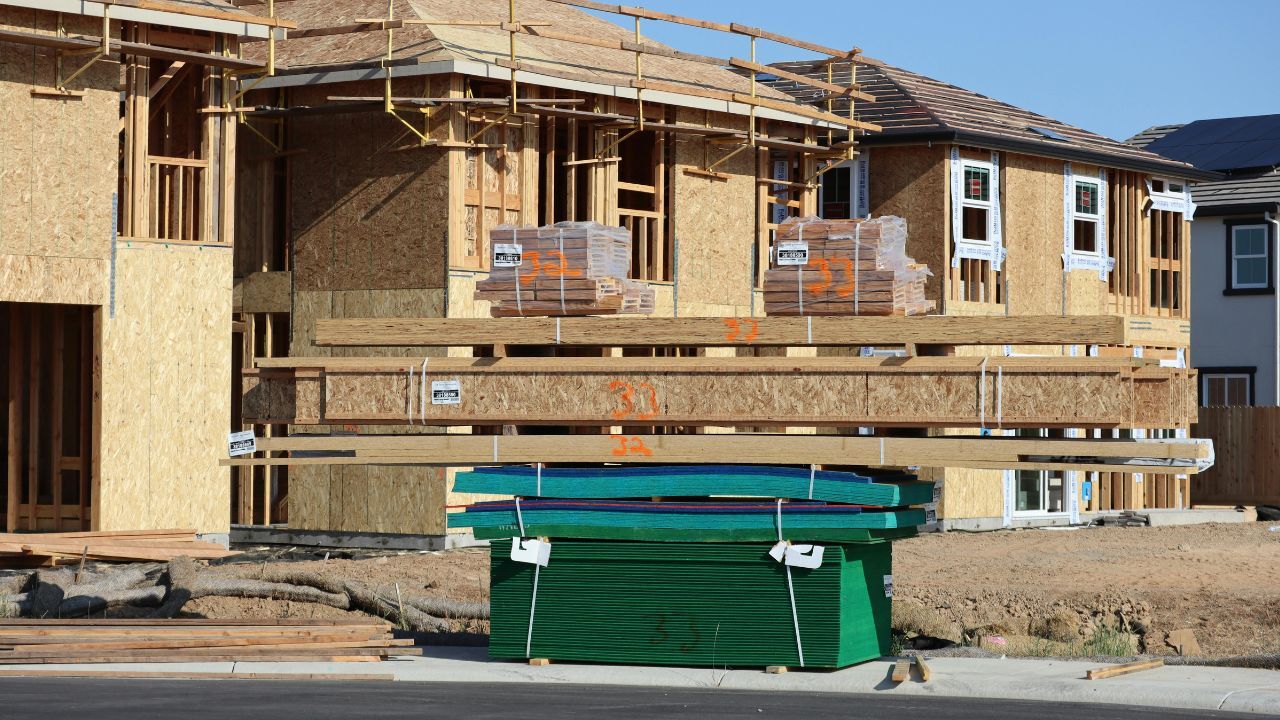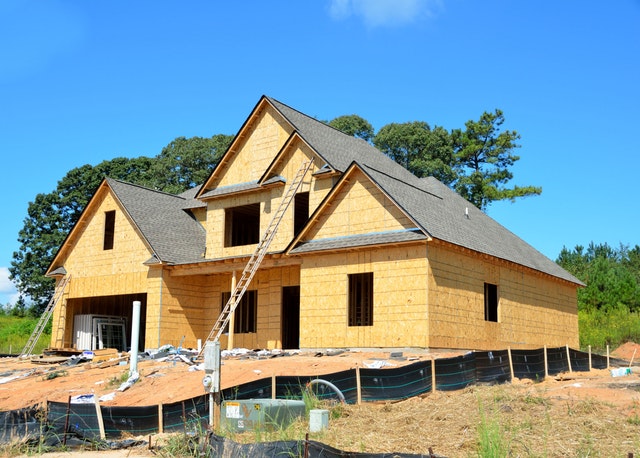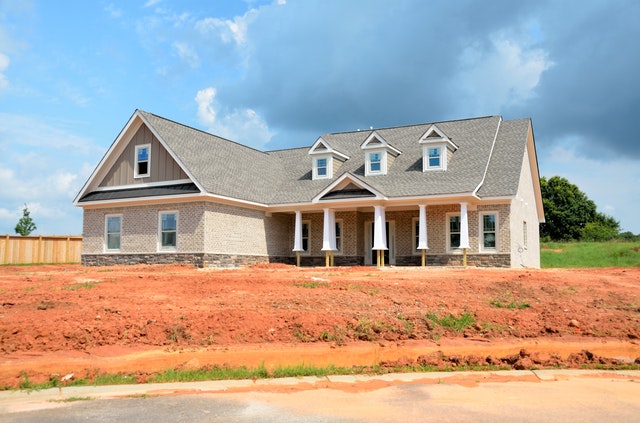Financing Land and New Construction Homes
 Buying land or constructing a new home offers exciting opportunities for customization and investment, but the mortgage process differs from traditional home loans. Lenders often have stricter requirements for land and new construction financing, so understanding your options, planning ahead, and working closely with a mortgage professional is essential. By knowing what to expect, you can navigate this process smoothly and secure the financing needed to bring your vision to life.
Buying land or constructing a new home offers exciting opportunities for customization and investment, but the mortgage process differs from traditional home loans. Lenders often have stricter requirements for land and new construction financing, so understanding your options, planning ahead, and working closely with a mortgage professional is essential. By knowing what to expect, you can navigate this process smoothly and secure the financing needed to bring your vision to life.
Land Loans: What You Need to Know
Purchasing raw land typically requires a land loan, which differs from a standard mortgage. Lenders consider land riskier because it is not yet a livable property, which can result in higher interest rates, larger down payment requirements, and shorter loan terms. Factors such as location, zoning, and access to utilities influence loan approval and terms, so it is important to do thorough research before purchasing.
Mortgages for New Construction Homes
Financing a new build often involves a construction-to-permanent loan, which covers the cost of building your home and converts into a standard mortgage once construction is complete. This type of loan requires detailed plans, budgets, and timelines, and lenders typically disburse funds in stages as the construction progresses. Having a reliable builder and a clear financial plan is crucial to ensure the project stays on schedule and within budget.
Benefits of Financing Land and New Builds
Buying land and building a home allows you to customize your property, select your preferred location, and potentially increase long-term property value. A construction loan can also give you flexibility in managing funds and timelines, while land ownership provides opportunities for future development or investment. Proper planning and professional guidance can maximize these benefits and reduce financial stress.
Risks and Considerations
Land and construction loans carry unique risks. Construction delays, cost overruns, or changes in market conditions can impact your budget and financing. Lenders may require higher down payments and have stricter approval processes, so it is vital to maintain a strong credit profile, adequate savings, and contingency plans. Consulting with a mortgage professional can help you navigate these challenges and make informed decisions.
Making the Right Choice
Financing land purchases and new builds require careful planning, thorough research, and professional guidance. By understanding loan options, preparing financially, and working closely with lenders, homeowners and investors can successfully secure financing, build their dream property, and potentially increase long-term wealth through smart real estate decisions.

 Buying a new home is exciting. Buying a brand new home can be even more so with the realization of being the first owner and possibly being able to choose your own layout and finishes. The prospect of owning new construction is definitely exciting, but it doesn’t come without its own set of questions.
Buying a new home is exciting. Buying a brand new home can be even more so with the realization of being the first owner and possibly being able to choose your own layout and finishes. The prospect of owning new construction is definitely exciting, but it doesn’t come without its own set of questions. modestly priced. The demand for smaller, less expensive homes is growing, while the overall demand for new custom homes is declining. Prices decreased slightly, by about one-half percent, from the price levels in 2018 for newly-constructed homes.
modestly priced. The demand for smaller, less expensive homes is growing, while the overall demand for new custom homes is declining. Prices decreased slightly, by about one-half percent, from the price levels in 2018 for newly-constructed homes.